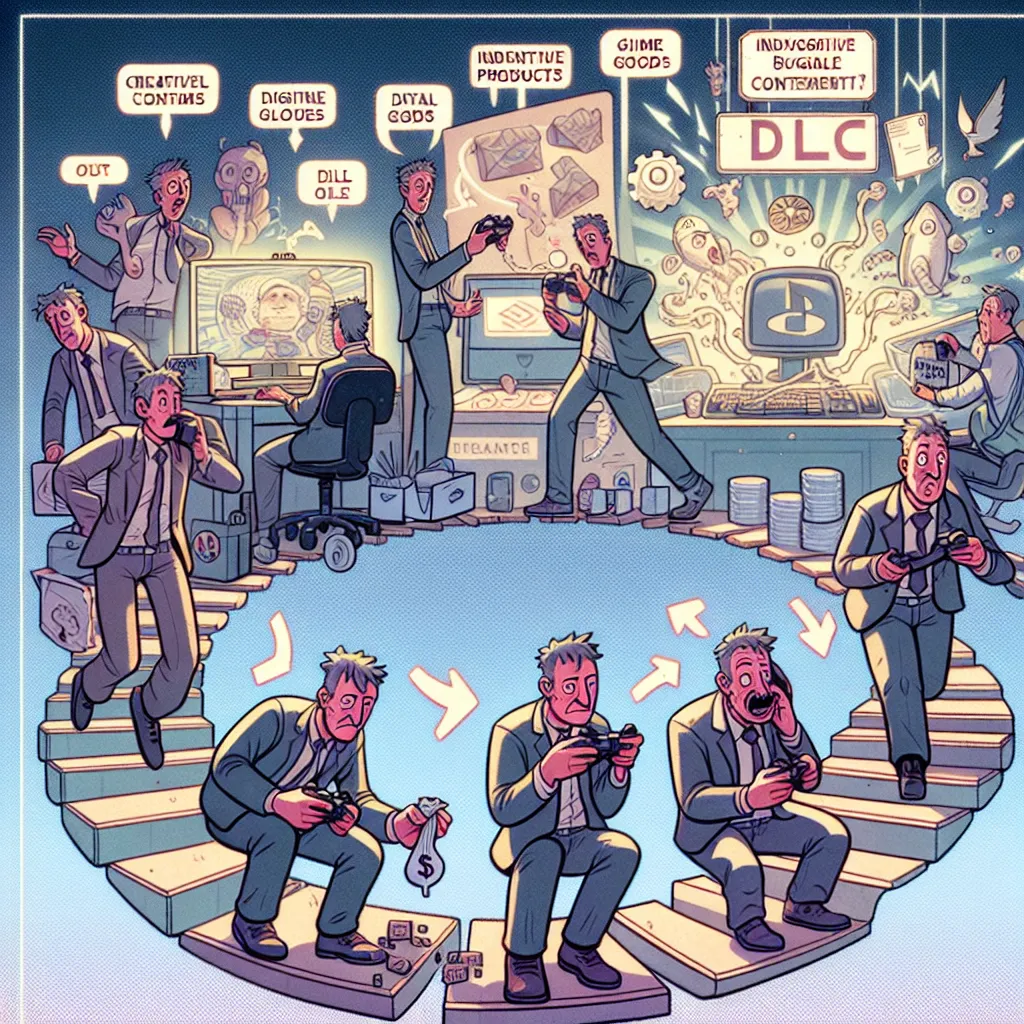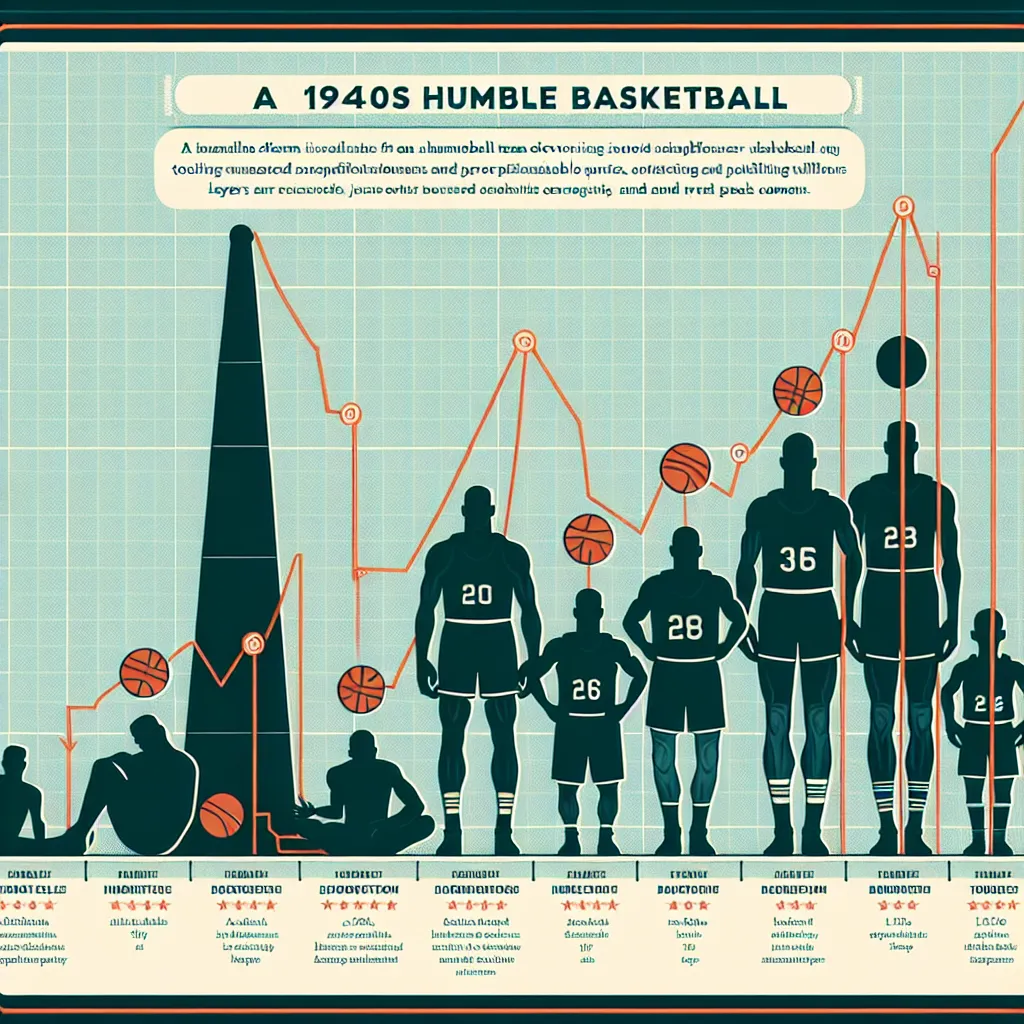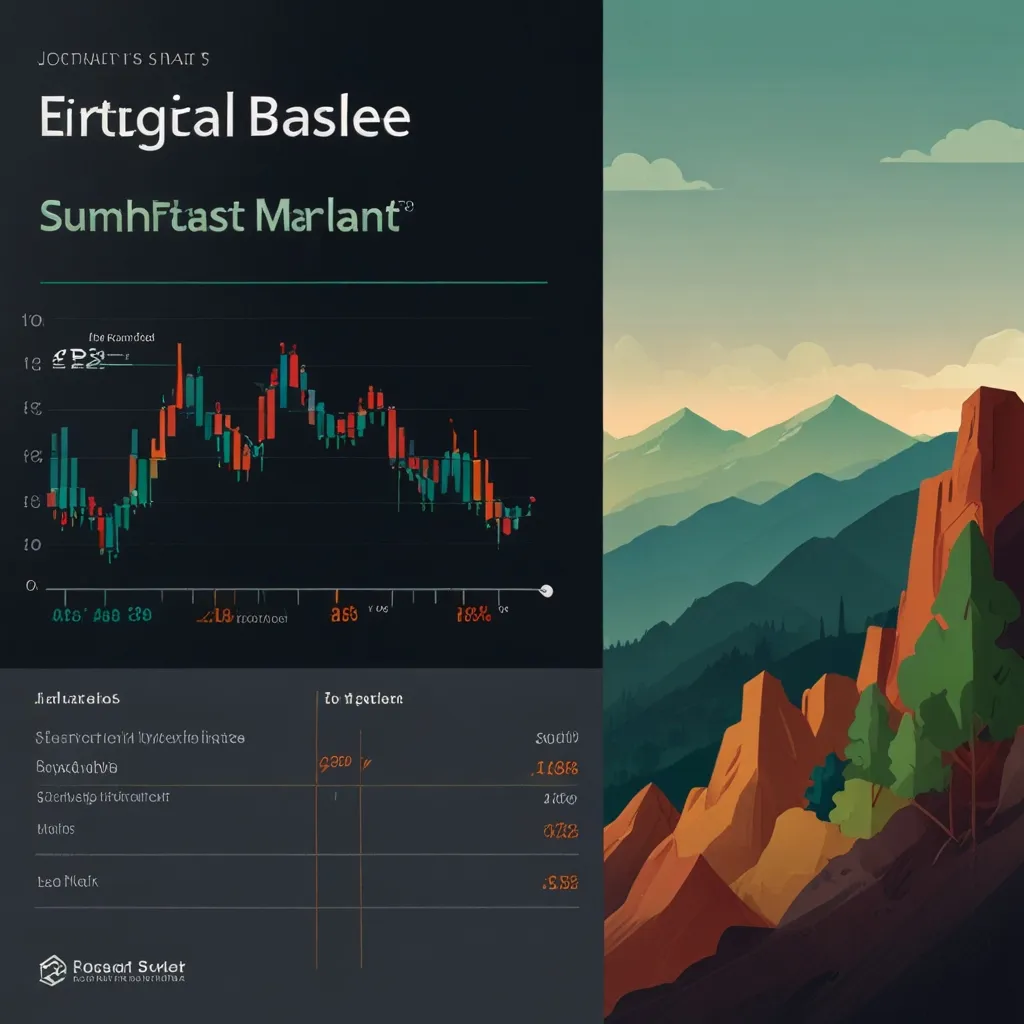Video games are all about fun, right? So how did Electronic Arts (EA), one of the biggest names in gaming, manage to earn the title of “Worst Company in America”? How did their motto ‘Challenge Everything’ turn into ‘Milk Everyone Dry’? Let’s dive into EA’s fascinating journey, from innovative beginnings to controversial decisions.
EA’s story starts with its founder, Trip Hawkins, who had a passion for games from a young age. Even as a teenager, he tried to turn his homemade board game into a product with a $5,000 loan from his dad. Despite its commercial failure, the experience taught him invaluable business lessons.
Hawkins studied at Harvard, majoring in strategy and game theory. His encounter with a prototype computer in 1971 shifted his focus entirely to the potential of computers. By joining Apple when it had just 50 employees, Hawkins soaked up knowledge and inspiration from Steve Jobs. With the drive to start his own company, he eventually cashed in his Apple shares and founded EA in 1982.
Hawkins believed that software developers were artists, not just coders. This philosophy was even reflected in the company’s name. Early EA games like Pinball Construction Set and Hard Hat Mack prominently displayed the names of their creators on the covers, much like albums do with recording artists.
EA’s business model was unique from the start. They acted more like a Hollywood studio, letting freelancers submit game concepts and picking the ones they wanted to develop. This allowed them to run multiple projects simultaneously, reducing risk. They also maintained creative control, focusing on the entertainment value and audience appeal of each game.
A breakthrough moment for EA came in 1983 with the release of Doctor J and Larry Bird Go One on One. By involving real-life players Julius Erving and Larry Bird in development and marketing, EA tapped into gamers’ desire to emulate their heroes. This concept laid the foundation for EA’s later dominance in sports games.
The Madden NFL series, named after legendary coach John Madden, launched in 1988. Remarkably, it has since released nearly 30 versions, making tiny updates each year. Despite the minimal changes, this franchise alone has pulled in around $5 billion. EA’s sports division, created in 1991, bought up official licenses to various leagues, ensuring that only their games featured real teams and players.
EA also distinguished itself by cutting out the middlemen. Instead of relying on distributors, they struck direct deals with major retailers like Walmart and Target, increasing their profit margins. During the rise of game consoles, EA could afford the costly production of game cartridges and release titles on multiple platforms, thanks to these partnerships.
Hawkins stepped down from the board in 1994, but EA continued to grow. They expanded beyond sports games, creating titles linked to popular movies like Harry Potter and Lord of the Rings. However, as EA grew, so did their infamous reputation within the gaming community.
To maximize profits, EA started acquiring smaller development studios, often shutting them down after securing their intellectual properties. This strategy led to many beloved game series like SimCity and Mass Effect being mismanaged. Moreover, EA’s approach shifted towards releasing repetitive updates and downloadable content (DLC), frustrating fans who felt they were being overcharged for incomplete games.
EA’s aggressive push for online multiplayer modes added another layer of controversy. Maintaining servers is expensive, and games promised to offer multiplayer experiences sometimes had their servers shut down after a few years. Additionally, EA often charged for “online passes” and DLCs, further increasing the cost of gaming for consumers.
The company’s persistence in these profit-driven practices eventually led to CEO John Riccitiello’s removal in 2013, after several years of financial losses. However, the company’s financial performance improved dramatically after his departure.
Despite generating significant revenue, EA’s reputation for squeezing money out of players continues to dog them. Gamers criticize the company for releasing half-finished games and then charging for the rest as DLCs. Although this strategy may boost short-term profits, it risks alienating loyal players in the long run.
So, what’s next for EA? If they want to win back the trust of gamers, they need to shift focus from milking customers dry to delivering genuinely innovative and complete gaming experiences. Otherwise, their reputation will continue to haunt them.
But for now, EA remains a giant in the industry, proving that even in the world of gaming, business strategies can be as cutthroat as in any other field.






